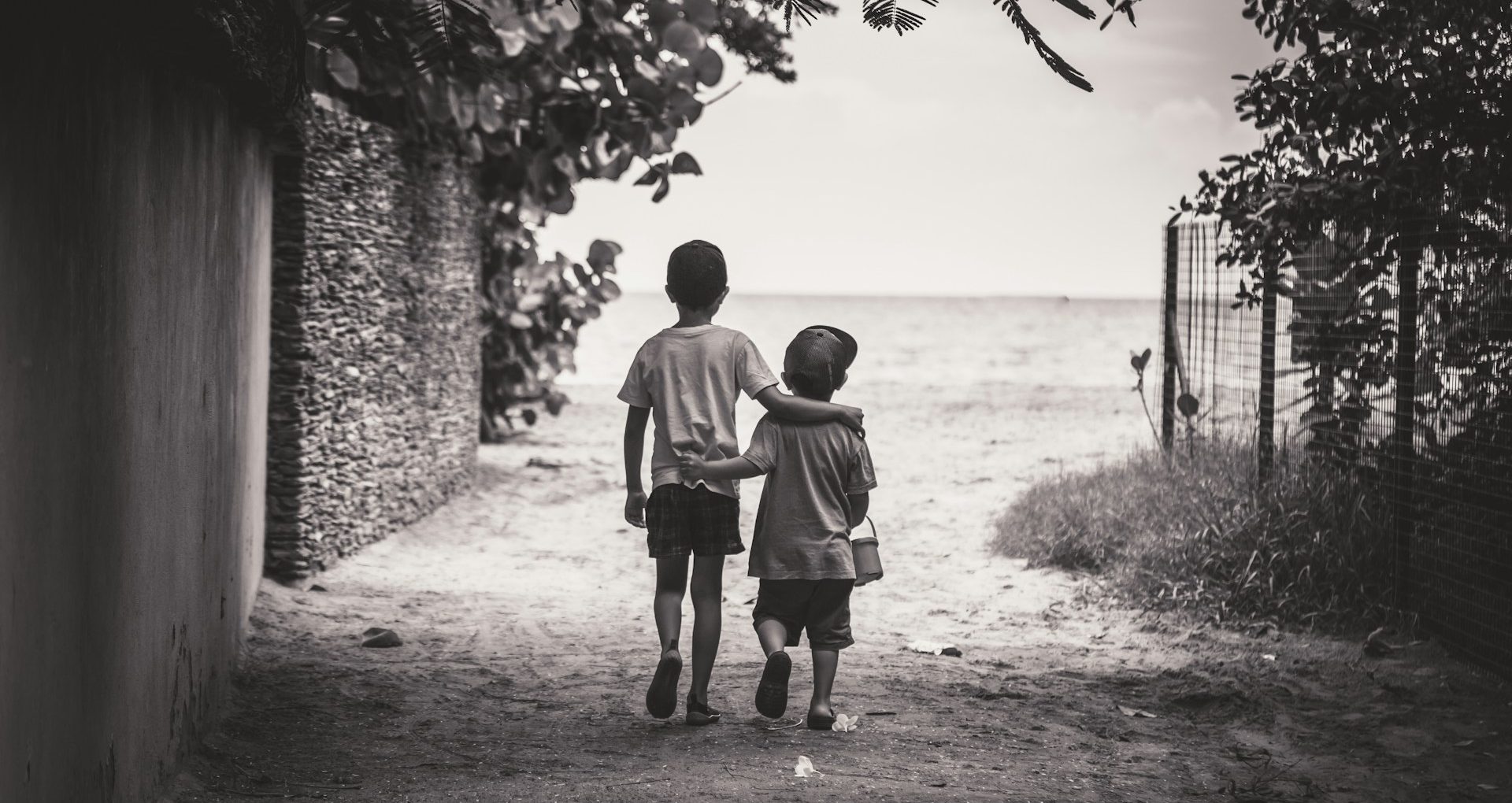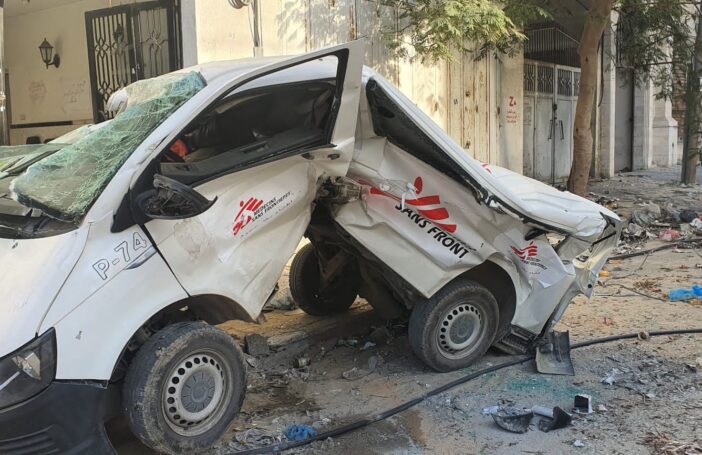The 2024 Annual Report of the United Nations Secretary-General on Children and Armed Conflict reveals a 21% increase in grave violations against children globally in 2023. The UN verified 32,990 grave violations, with 30,705 occurring in 2023 and 2,285 from previous years but verified in 2023. These violations affected 22,557 children (15,847 boys, 6,252 girls, 458 unknown gender) across 25 conflict situations and one regional monitoring arrangement covering the Lake Chad Basin. The report highlights the gendered impacts of grave violations in conflict zones, with girls facing high levels of sexual violence and abductions while boys are more frequently recruited, used in combat, and detained.
Based on information of grave violations against children in Myanmar and the Philippines, the report points to several trends and themes in the region. These include the recruitment and use of children by armed groups and state forces, killing and maiming, sexual violence, particularly against girls, and attacks on schools and hospitals. Additionally, the denial of humanitarian access worsens the suffering of children, and the detention of children for alleged associations with armed groups violates international juvenile justice standards. These trends underscore the need for UN Member States in the region along with regional bodies such as Association of South East Asian Nations (ASEAN) and other stakeholders to intensify their diplomatic efforts to ensure the full implementation of the agenda for children and armed conflict.
In Myanmar, the recruitment and use of 1,171 children (1,123 boys, 42 girls, 6 gender unknown) by various armed groups were documented. The Myanmar armed forces, including related forces and affiliated militias, were responsible for the majority of these cases (1,102). Children were used in support roles, as human shields, guides, and porters in combat settings. The People’s Defence Forces/local defence groups, Kachin Independence Army (KIA), Ta’ang National Liberation Army (TNLA), Zomi Revolutionary Organization/Zomi Revolutionary Army (ZRO/ZRA), and Democratic Karen Benevolent Army (DKBA) also recruited and used children in combat settings. In the Philippines, the UN verified the recruitment and use of 12 children (8 boys, 4 girls) by armed groups, including the New People’s Army (NPA), Dawlah Islamiyah-Maute Group, Abu Sayyaf Group, and the Armed Forces of the Philippines.
The killing (238) and maiming (623) of 861 children (538 boys, 318 girls, 5 gender unknown) in Myanmar were attributed to the Myanmar armed forces and related forces, affiliated militias, and other armed groups. Child casualties were caused by heavy weapons, artillery shelling, and airstrikes. In the Philippines, the killing (3) and maiming (3) of 6 children (5 boys, 1 girl) were attributed to unidentified perpetrators, the Dawlah Islamiyah-Maute Group, and the Armed Forces of the Philippines. The UN verified the rape of 3 children (1 boy, 2 girls) by the Myanmar armed forces and affiliated militias, and by the People’s Defence Forces/local defence groups. In the Philippines, sexual violence against one girl by the NPA was verified.
In Myanmar, the report verified 154 attacks on schools (117) and hospitals (37), including attacks against protected personnel. The Myanmar armed forces and related militias were primarily responsible for these attacks. The military use of schools (82) and hospitals (10) by the Myanmar armed forces and related forces was also verified. In the Philippines, attacks and threats of attacks on schools (4) were documented, primarily attributed to the Dawlah Islamiyah-Maute Group and government agencies.
The abduction of 192 children (119 boys, 64 girls, 9 sex unknown) was verified in Myanmar, primarily by the Myanmar armed forces and related militias. Most children were abducted for recruitment and use. The detention of 61 children (51 boys, 10 girls) by the Myanmar armed forces for alleged association with armed groups was also documented. In the Philippines, the abduction of 2 girls by the NPA was verified. The UN verified 25 grave violations against 17 children (13 boys, 4 girls), including 3 children who were victims of multiple violations.
The UN verified 418 incidents of the denial of humanitarian access by various parties in Myanmar, including the Myanmar armed forces, People’s Defence Forces/local defence groups, and other armed groups. Humanitarian access significantly worsened due to administrative restrictions, continued arrests, insecurity, armed conflict, interference in programming, violence against humanitarian actors, movement restrictions, road blockages, and communication and network shutdowns.
The UN urges Myanmar’s armed forces to fully implement the 2012 joint action plan on child recruitment and create a new plan to address child protection issues. Concerns are growing over child recruitment and attacks by the People’s Defence Forces and local defence groups. These groups should work with the UN on prevention measures. The UN welcomes the involvement of various groups in child protection plans and the release of children by the KIA, urging all parties to release children and allow humanitarian access. The high number of detained children and reports of torture are alarming, and the Myanmar armed forces should release children and adhere to the 2019 Child Rights Law and international juvenile justice standards. In the Philippines, the UN praises the finalisation of protocols for handling children in conflict and calls for the immediate release of detained children. Reintegration programs are encouraged while coordination on case referrals, school attack prevention, and capacity-building is ongoing. The government should continue integrating child rights into peace negotiations and actively work to prevent the “red tagging” of schools, teachers, and children. This practice involves labelling individuals or organisations, including schools, as being associated with communist insurgents or leftist groups.
The 2024 Annual Report on Children and Armed Conflict highlights the urgent need for greater diplomatic efforts to ensure all parties adhere to international humanitarian laws, cease hostilities, and ensure the safety and wellbeing of children in conflict zones. The regional trends and themes, albeit limited to the findings from two countries, show the persistent recruitment and use of children, high levels of killing and maiming, sexual violence, attacks on schools and hospitals, denial of humanitarian access, and detention of children.
The findings from Myanmar and the Philippines underscore the severity of the situation and the critical need for increased action to protect children from grave violations in armed conflict.





Congratulations and thanks for exposing these serious child rights violations by both state and non-state actors. I hope member states will take this scourge seriously.